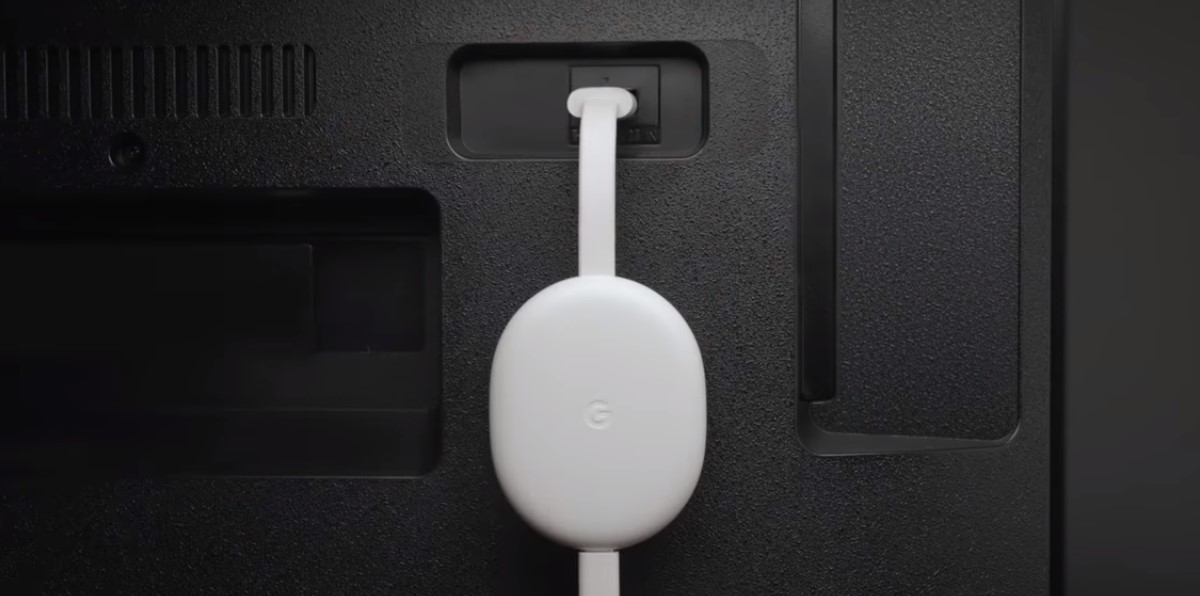Chromecast : Unique story (from April 25, 2021) follows:
Apple as of late held its Spring Loaded occasion, in the process divulging a few items and administrations. One remarkable improvement was the redone Apple TV 4K.
As a component of this redid Apple TV experience, Cupertino reported another Siri-fueled controller. In commonplace Apple style, the remote, which is viable with more established Apple TV models, is esteemed at $59.
This is a smidgen pricier than the whole Chromecast with Google TV bundle, whose Assistant-controlled remote expenses just $19.99 independently.
I’ve had it close by the Chromecast with Google TV for a couple of months at this point and honestly, I’m truly enjoying my general experience utilizing the entire bundle.
The little idea of the remote (contrasted with Apple’s) strength switch off some, however that is something I can live with. In any case, it’s a long way from the most horrendously terrible issue with the new Chromecast, in some measure I would say.
My fundamental bone of conflict with Google is how much installed stockpiling the new Chromecast accompanies. For the unenlightened, there’s just 8GB of stockpiling.
Also, not at all like your run of the mill Android TV boxes, the dongle has no port for expandable capacity. This implies you frequently need to uninstall some applications to make space for other people or hazard running out of extra room.
Indeed, the Chromecast with Google TV upholds appending outer capacity by means of a connector (USB-C center point). Be that as it may, the dongle just distinguishes drives arranged in FAT32 document framework.
While some of you may be alright with this, tragically, the size limits that accompany FAT32 document design make this unideal for my utilization case.
Assuming still in obscurity, all things considered, how about we rapidly separate it for you.
The most current record arrangement of the three is NTFS. In the event that you’ve organized any capacity drive on a Windows PC, indeed, the default document design is NTFS.
The less well known exFAT document framework, which upholds a greater number of gadgets and working frameworks than NTFS, then again, is a refreshed form of FAT32 or rather the last’s substitution.
FAT32 is still very normal because of the more prominent similarity it offers with other working frameworks. Yet, because of its age, FAT32 isn’t effective like NTFS or exFAT so far as that is concerned and, truth be told, has a restricted list of capabilities.
One of the impediments that is the significant reason for my disappointment with the Chromecast with Google TV is that FAT32 drives can’t hold individual records of over 4GB in size.
This implies playing 4K recordings/films/TV shows that can undoubtedly approach or stretch past the 8GB imprint from an outer drive is beyond the realm of possibilities on the most current Google Chromecast. I could go on and on all day with 8K substance.
Since Google delivered its most up to date Chromecast into a world loaded with 4K substance, having the dongle support NTFS as well as exFAT record organizations would have been a much invite thought.
Whether this usefulness can be empowered by means of a firmware update isn’t known, yet I’d like a future where the Chromecast upholds different document designs, starting with the replacement to the ongoing model.
Support for NTFS and exFAT document arrangements ought to wipe out record size limits in future Chromecast units, with the last option offering corresponding administrations where both FAT32 and NTFS might fizzle.
What is your perspective? Do you suppose support for NTFS and exFAT record designs is an unquestionable necessity in the following Chromecast with Google TV unit? Tell us in your remarks and Twitter survey underneath.

